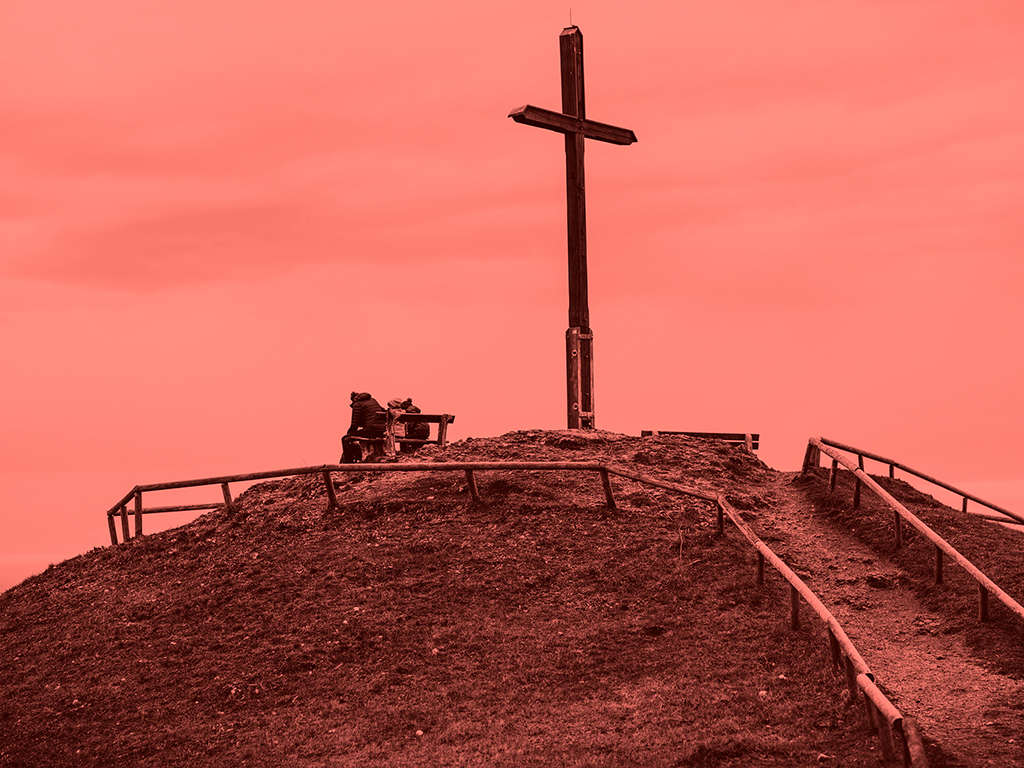1 Thess 4:1-13 – 5:11 resides in the macro-context of the Lord’s coming. Paul provides instruction and encouragement about the second coming of Jesus in this macro-context. His instruction and encouragement result from Timothy’s report of the Thessalonians. They made an inquiry about what happens to those who die before the Lord’s coming. Paul answers this question very simply, by stating that those in Christ who died will be raised to join the living at Christ’s coming. This response generated much literature with eschatological speculation due to the notion that the response was too simple. Despite the simplicity, Paul encourages the Thessalonians to not sorrow at the remainder of humankind who do not possess this hope and to encourage one another with the words of Christian hope. Paul acknowledges the Thessalonians’ grief but stresses their hope rooted in Christ. He proceeds to prepare them for the Lord’s coming, by grounding them in the truth of Christian hope found in the resurrection.
Paul establishes security and comfort to the Thessalonians about Lord’s coming for those who belong to him. To establish security about the Lord’s coming, Paul compares and contrasts those who belong to Christ against those who do not belong. For those who do not belong, they do not possess hope. The Thayer’s Greek Lexicon identifies ἐλπίς as hope. In relation to 1 Thess 4:13, it denotes, “of the heathen having no hope of salvation”. Therefore, Paul indicates that those who grieve death are those who have no hope of salvation or “quite predominate salvation, which the true religion bestows”. In Greek historical context, the TDNT denotes salvation in terms of man being delivered from the power of death. It also reveals that the receiving of divine revelation in relation to salvation occurs when one examines the revelation with the heart and shakes off drunkenness. Therefore, Paul references this understanding when he identifies the behavior of those not in Christ. He calls them drunkards and those of the night or those who reside in darkness. They neither examine the revelation of salvation nor shake off drunkenness; instead, they remain in darkness. Those who behave like this also boast peace and safety. The boasting in this fashion parallels to the remnant of Israel during Prophet Jeremiah’s period; where they shouted peace, but there was no peace. In addition to this boasting, they possessed wrongful behavior. They were not ashamed of their behavior and they did not repent. Thus, they fell and were punished by God. Hundreds of years later, this boasting, wrongful behavior, and God’s destruction occur for those with no hope of salvation. In fact, Paul contends sudden “destruction, ruin, death” will come upon them. Their destruction will be inescapable and will leave them dead in their transgressions. Their death remains eternal as they will not rise with Christ in the resurrection.
Continue Reading: Hope in Death Pt. II


